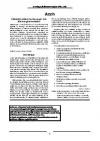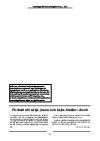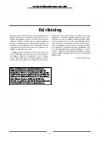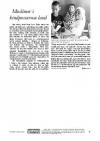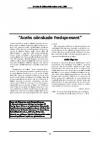Endangered democracy? : The struggle over secularism and its implications for politics and democracy in Nigeria
| Upphovspersoner: | Tar, Usman A. | Shettima, Abba Gana |
|---|---|
| Utgivare: | Nordiska Afrikainstitutet, Conflict, Displacement and Transformation | Uppsala : Nordiska Afrikainstitutet |
| År: | 2010 |
| Ämnesord: | politics, Religion, Secularism, State, Political power, democracy, Islam, Christianity, Cultural pluralism, Religious groups, Political conflicts, Nigeria, Political science, Statsvetenskap |
